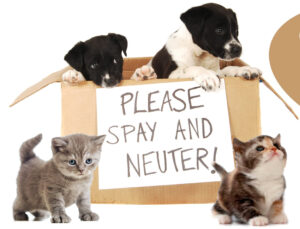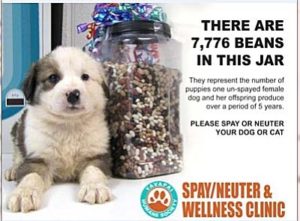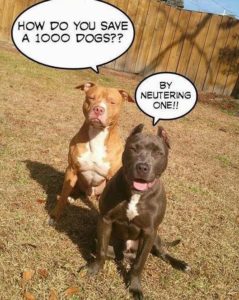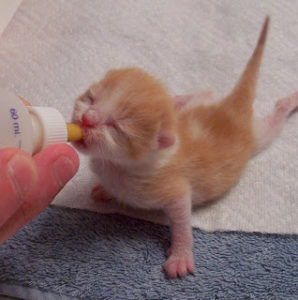NATION’S MOST ADVANCED PUBLIC ANIMAL SHELTER OPENS IN LOS ANGELES
New facility is among the first of its kind to increase pet adoption and address pet over population problem
LOS ANGELES – On Saturday, October 7, LA Animal Services, in a special dedication ceremony, will open one of the most sophisticated animal care centers in the nation, in hopes to ultimately increase the adoption rate of dogs, cats and rabbits throughout the city.
Last year alone, LA Animal Services rescued more than 46,000 lost and homeless pets. Due to the overwhelming number of animals rescued by LA Animal Services, the lack of space in the shelters and a low adoption rate, over 19,000 pets were euthanized. In an effort to reduce euthanasia and increase pet adoption, LA Animal Services, with the support of Mayor Villaraigosa and the City Council, are building six new state-of-the-art animal care facilities throughout Los Angeles, paid for by Proposition F, approved overwhelmingly by voters in November 2000. The North Central Animal Care Center, located on Lacy Street, in Lincoln Heights, is the first of the six scheduled to open in the next six months.
“The new North Central Animal Care Center will provide four times the current shelter space, enough to accommodate the 150 lost, sick, injured, abused or homeless animals rescued by animal services every day,” said Ed Boks, general manager LA Animal Services. “Our goal is to make Los Angeles the first major ‘no-kill’ city in the United States. This upscale facility is one of the most advanced public shelters in the nation – it is truly among the first of its kind.”
The enlarged 45,000 square foot North Central Animal Care Center features 176 kennels with spacious aisles, solar and radiant heating to keep the animals warm during cold weather, an outdoor misting system to cool the animals during the hot summer months and veterinary and spay/neuter clinics.
The new facility has earned a prestigious “Gold” rated green building by the United States Green Building Council, Leadership in Energy & Environmental Design (LEED) rating system. This new center maximized the recycling of construction waste; used steel with 25% recycled content and optimizes energy performance. It features nearly 800 solar panels for the generation of electricity and the front wall is made from 100% recycle wood.
Public Grand Opening: On Saturday, October 7, from Noon – 4 p.m. LA Animal Services will open its doors to the public with a “Grand Homecoming” event. The celebration gives the public an opportunity to tour the new facility and visit the animals up for adoption. There will also be complimentary refreshments provided by local vendors, special discounts and coupons from various pet-related sponsors as well as Dog Training & Educational Behavioral Training workshops. This event will be supported by Veterinary Pet Insurance/DVM Insurance Agency (VPI) and the Western Medical Supply, Inc.
About the LA Animal Services: The LA Animal Services cares for more than 40,000 lost and homeless pets per year and more than 5,000 wild, exotic and farm animals. Comprised of six shelters in the greater Los Angeles area, LA Animal Services promotes and protects the health, safety and welfare of animals and people in the city of Los Angeles. They value the integrity of each employee, volunteer and partner contributing to the professional delivery of excellent customer service and the humane treatment of animals, in an atmosphere of open, honest communication, predicated on trust in and respect for each other. For more information on the LA Animal Services, please visit: www.laanimalservices.com.
 A Path to Preventing Animal Welfare Issues
A Path to Preventing Animal Welfare Issues


